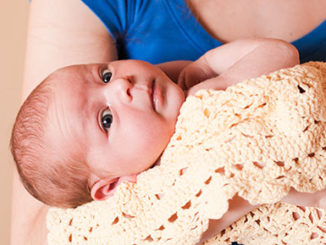Early Epigenetic Nutrition ‘Memory’ Could Program You for Obesity Later in Life
For decades, we’ve known how important it is to receive proper nutrition during early stages of life. Nutritional experiences in the beginning of development can set the stage for many things, including body weight, and can even affect the risk of obesity as we get older. Recent research supports the idea that poor nutrition at the beginning of pregnancy or while a baby is nursing can be stored as molecular epigenetic “memory” on the child’s genome, potentially setting them up [more…]




